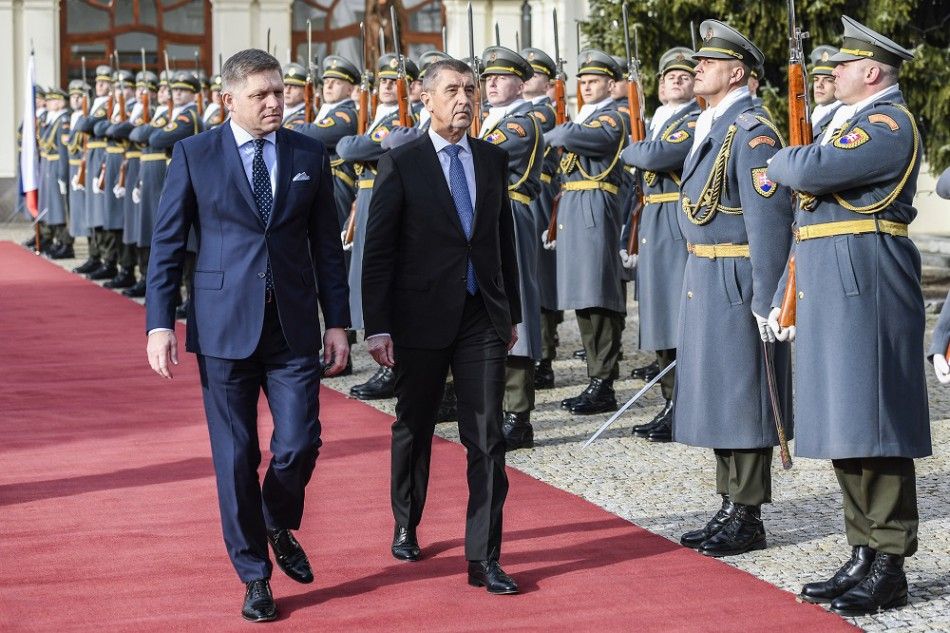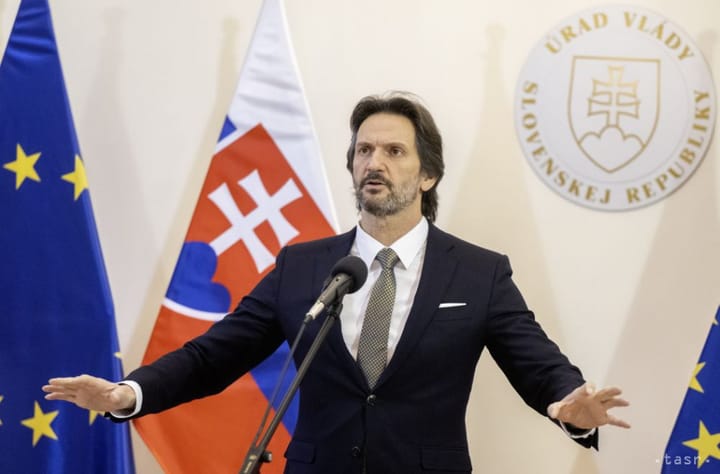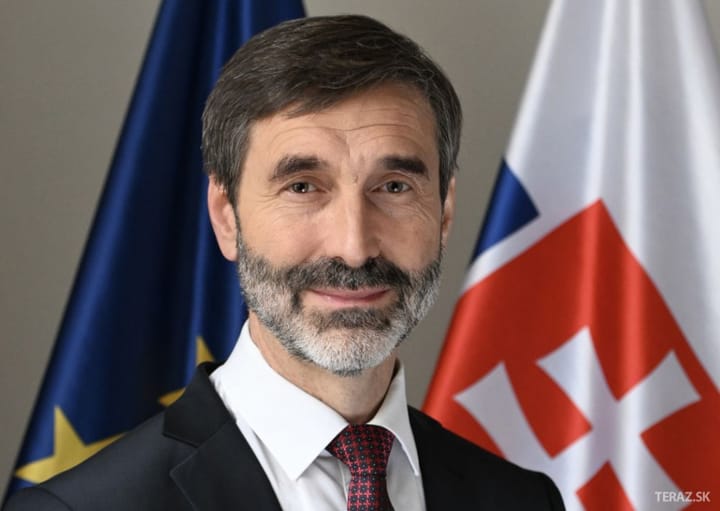Fico: We'll Use 2018 to Tell Successful Story of Slovak and Czech Republics

Bratislava, January 5 (TASR) – Slovakia and the Czech Republic will make use of every opportunity in 2018 to tell Europe about the successful story of both countries and about their above-standard relationship, Slovak Prime Minister Robert Fico (Smer-SD) said at a joint press conference with his Czech counterpart Andrej Babis in Bratislava on Friday.
Babis, the Czech of Slovak origin, visited Slovakia as part of his first foreign trip as prime minister.
The two premiers concurred that this year, full of important historic anniversaries for the two independent states as well as of former Czechoslovakia, should be used to further strengthen mutual ties.
Babis expressed satisfaction about the excellent cooperation between the two countries. “With regards to the current turmoil that Europe is facing at the moment, the way in which we had managed to divide the federation 25 years ago and what relationships we have managed to maintain is even more valuable,” said Babis, who described the talk with his Slovak counterpart as open and constructive.
Fico and Babis further expressed their interest in coordinating their actions and positions within the EU and actively participating in the debate on the EU’s future. Fico also said that there is a potential to find a common stance on the issues that divide Europe, including migration and an asylum system reform. In this context Babis stressed the effort to seek other allies outside the Visegrad Four/V4 group (the Czech Republic, Hungary, Poland and Slovakia) that might help to convince the EU that migrant settlement quotas don’t work.
When asked about the Czech Republic’s ambitions to join the eurozone, Babis said that he sees more negatives than positives for the country in this regard. “We will be watching the events within the eurozone, but we don’t feel the need to join it. We’re happy with the Czech crown,” said Babis.
In this context, Fico pointed out that Slovakia wants the processes in the eurozone to be inclusive so that even countries without the euro currency can also participate in debates on the matter.



